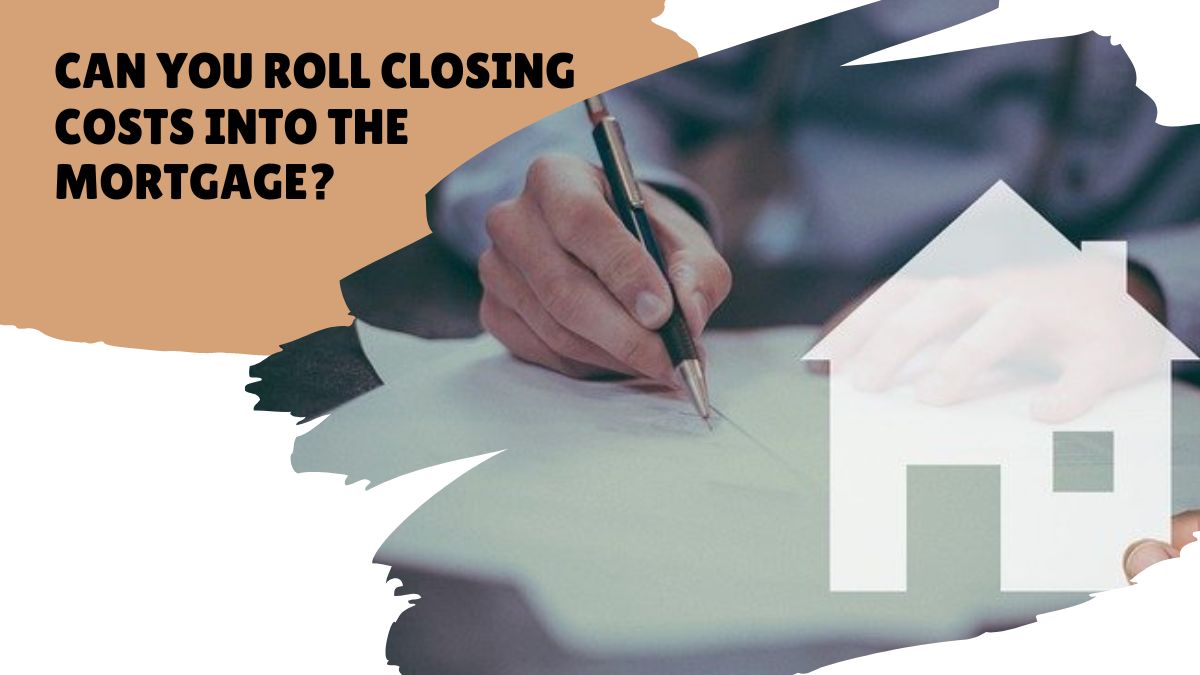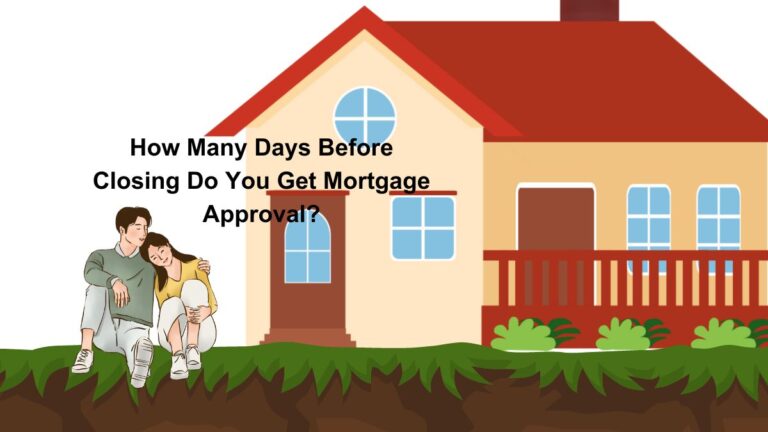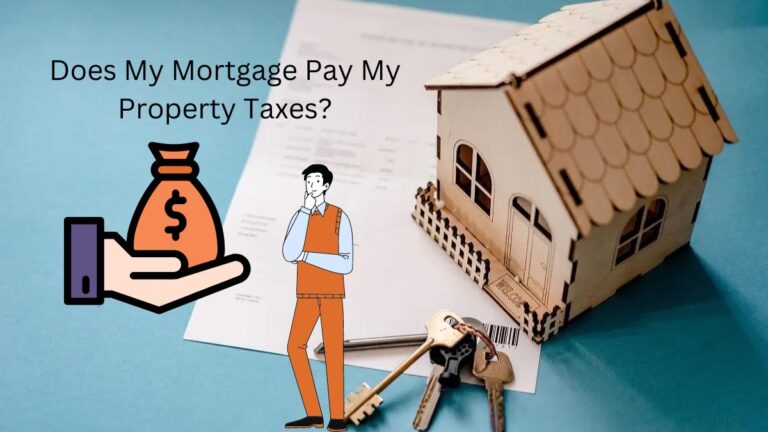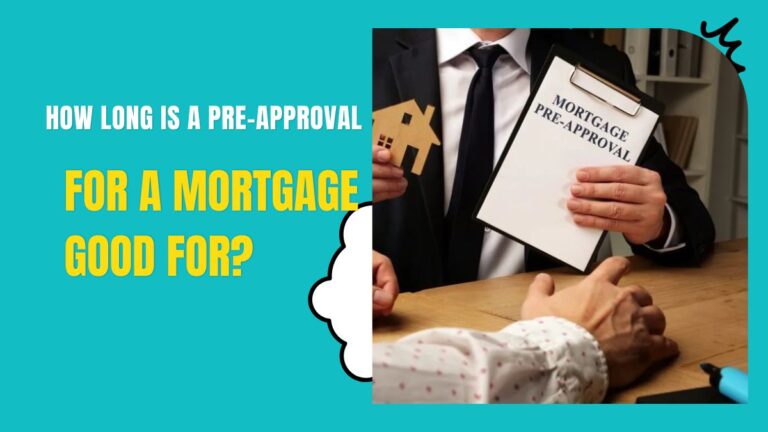Can You Roll Closing Costs Into The Mortgage?
Are you dreaming of owning your own home, but feeling overwhelmed by the thought of Closing Costs Into The Mortgage? Well, we have some exciting news for you! In today’s blog post, we’re diving into a game-changing option that could make your homeownership dreams even more attainable.
So buckle up and get ready to discover whether it’s possible to roll those dreaded closing costs right into your mortgage. Yes, you heard us correctly – say goodbye to upfront payments and hello to a smoother path toward homeownership. Let’s dive in and explore this intriguing possibility together!
Closing costs are a big part of buying a home
Closing costs are a big part of buying a home. They can include things like title insurance, recording fees, and attorney’s fees. If you’re able to roll closing costs into your mortgage, it could save you a lot of money. Here’s how to do it:
- Calculate your total closing costs. Add all the items that will be charged to close your deal, such as title insurance, recording fees, and attorney’s fees.
- Compare this figure to your monthly mortgage payment. If the total closing cost is greater than the monthly mortgage payment, then you may be able to roll those costs into your loan.
- Get pre-approved for a mortgage with a lender that offers rolling Closing Cost financing.
This type of loan requires you to show proof of all the charges that will be included in your closing cost total and also guarantees that you’ll have enough money left over each month after those expenses are paid off to cover the interest on your mortgage loan.
What are closing costs?
Closing costs, which can include such items as attorney fees, title insurance, and escrow fees, can add up quickly. If you’re considering rolling closing costs into your mortgage, be sure to Factor in Your Finances Before Making a Decision.
Some lenders may allow you to roll closing costs into the mortgage if you meet certain eligibility requirements. However, be sure to ask your lender before making any decisions – not all lenders will allow this type of borrowing option.
If you decide to roll closing costs into your mortgage, make sure you understand the terms and conditions involved. Also, keep in mind that any unused funds from the rollover will need to be returned to the lender within a specific timeframe.
How do you calculate closing costs?
When you close on a home, you’ll likely pay associated closing costs, such as a commission to the real estate agent, title insurance, and recording fees. To calculate how much of these costs you can tack onto your mortgage, use this formula: Closing Costs X Loan Amount = Percentage of Loan Paid
For example, if you’re closing on a $200,000 home and paying $5,000 in commissions and $1,500 in title insurance premiums, the closing costs would total $6,500. Using our earlier example of a $200,000 loan at 6%, that would mean that your loan amount would be reduced by $625 (or 0.06%) so that the final balance for the mortgage would be $196,250.
Can you roll closing costs into the mortgage?
If you’re considering a home purchase, one of the most important decisions you’ll need to make is whether or not to roll closing costs into your mortgage. Closing costs can include things like title fees, inspection fees, and attorney’s fees. By rolling these costs into your mortgage, you’ll avoid having to pay them all at once.
While it may seem like a small thing, rolling closing costs into your mortgage can save you a lot of money in the long run. Plus, it can help ensure that you have enough money left over to cover other expenses associated with buying a home, such as down payment funds.
If you’re unsure whether or not rolling closing costs into your mortgage is the right decision for you, speak with a qualified lender. They will be able to help guide you through the process and determine what’s best for you.
Conclusion
Closing costs are a necessary evil when buying a home, and unfortunately, there is no way to avoid them. However, you can roll some of the costs into your mortgage so that you aren’t hit with them all at once. For example, you could pay for Closing Costs Upfront or use a Home Equity Loan to help cover some of the additional costs associated with buying a home.
Discuss these options with your lender so that you can get the most out of your mortgage and minimize any surprises during closing.






